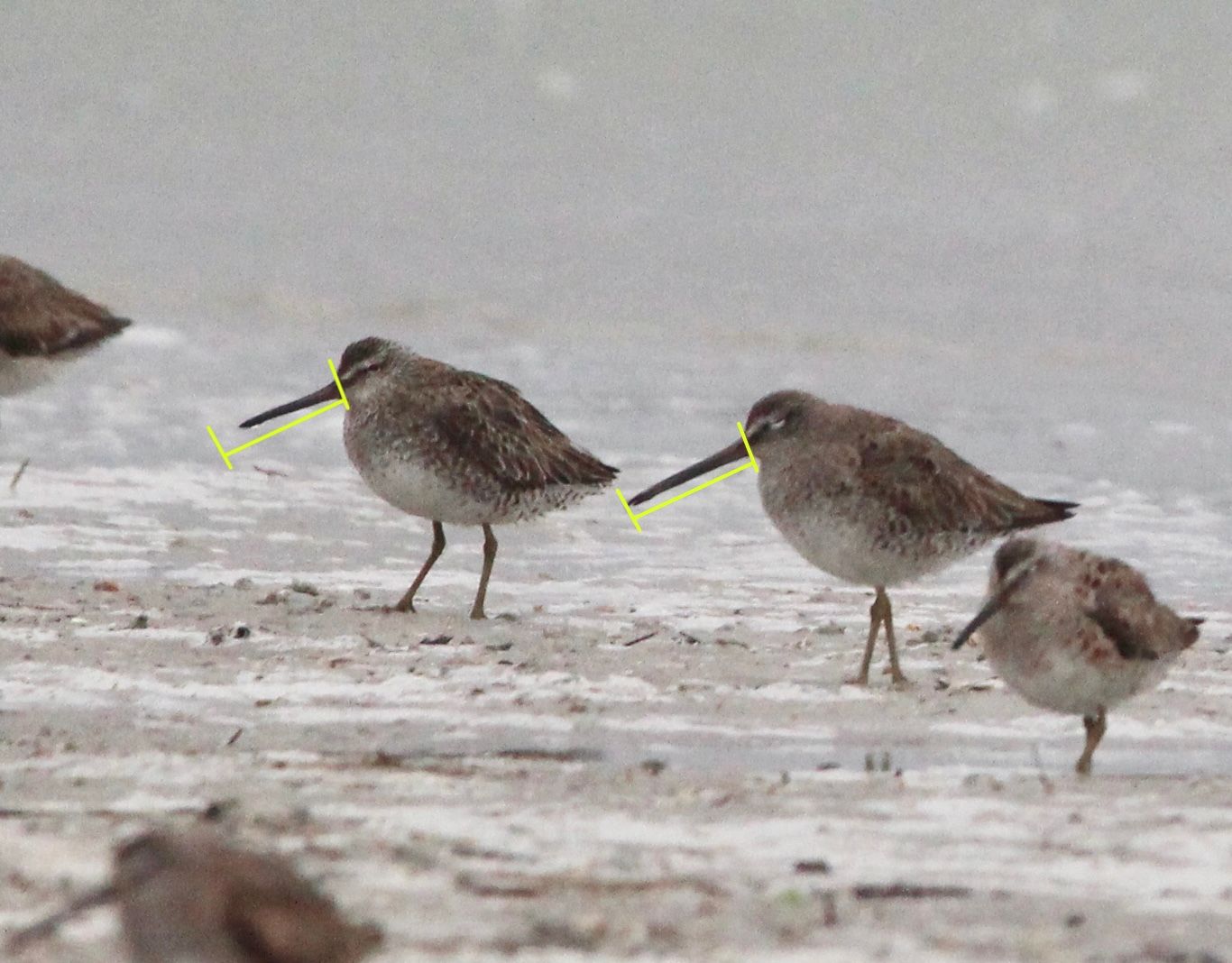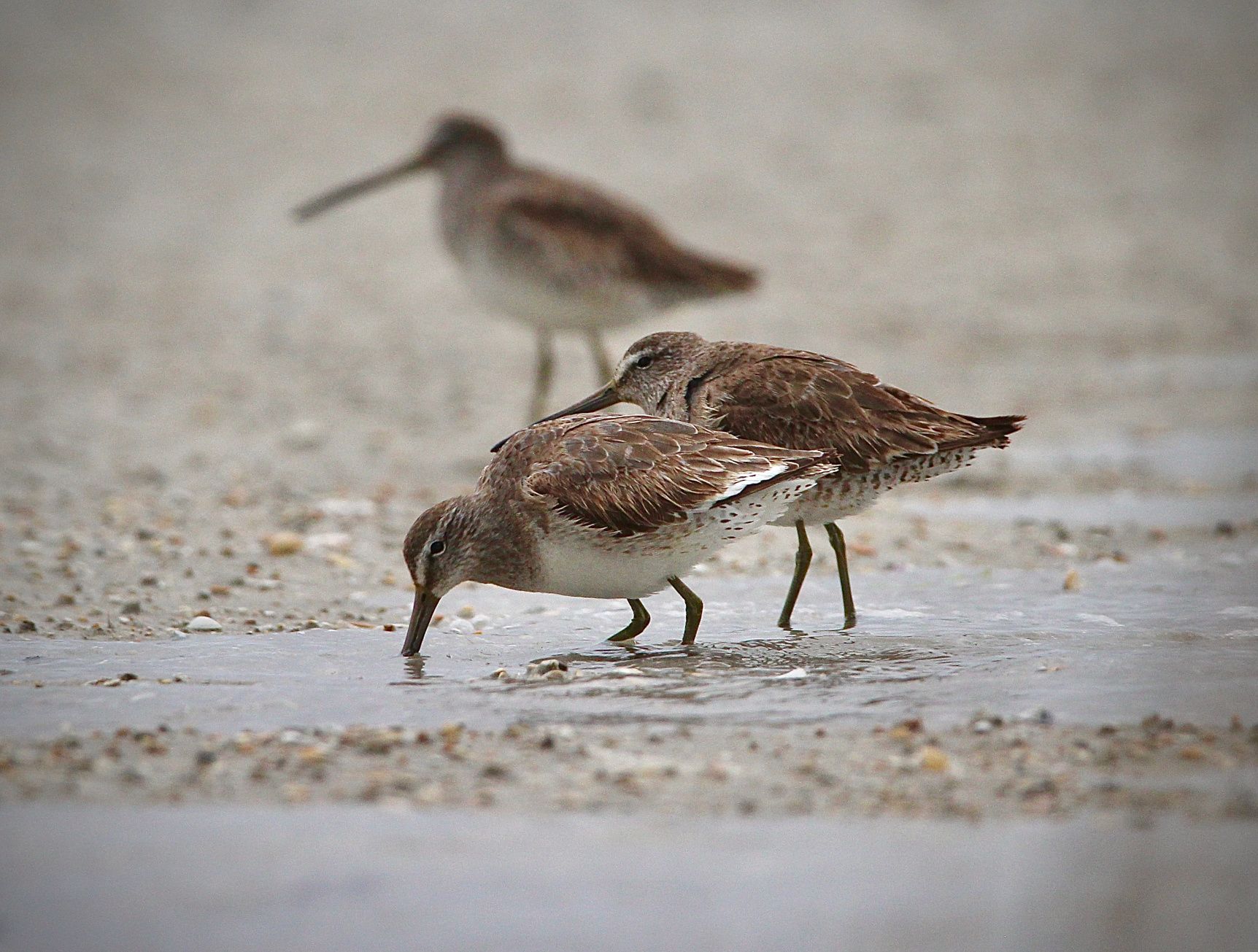S3T Apr 10 - Games, Play to Earn, Redesigning Incentives, Cheat Codes, Care Economy, Dowitchers...

In the metaverse era, gamification takes on a new significance and economic power as Web3 enables the persistence of ownership and identity across digital and physical domains. The dawn of a decentralized gamified world is a rare opportunity to redesign incentives and share the cheat codes.
Games
Gaming as an economic activity has captured the imaginations of investors and builders due to a couple drivers:
- Growth during the pandemic (surpassing sports and movies combined),
- Fascination with the decentralized ownership, transaction and participation models being developed with Web3 technologies.
The non-fungible nature of blockchain offers individuals the ability to create persistent identities and assets that can be carried with them across any other games or metaverses they want to participate in. Digital - and games specifically - is finally gaining the ability to protect and persist personal property and identity.
This has profound implications for change leaders who recognize the need to correct the flawed incentives in our current economic status quo. It might just be the largest design opportunity in history.
Gamification: your chance to redesign everything
Here is an example of how the play to earn economy is creating new kinds of financial arrangements:
"Thitadilaka in Thailand decided last July that he wanted make more money than he could by simply playing on his own, so he and his friends decided to form what's known in gaming lingo as a "guild". They allowed their NFTs to be used by people who wanted to play Axie Infinity for free, without investing in an asset, and took a cut of any winnings in return." (see full story at Economic Times)
This kind of arrangement is possible because of the persistence of ownership that is possible in blockchain based web3 architectures.
Digging a little deeper:
- GuildFi has published a guide for designing in game economies.
- Lemniscap recently released a thorough landscape report on the emerging Play to Earn gaming economy (Overview here, PDF full text here). The way they identify the key roles and their interactions is helpful for anyone trying to understand the opportunities in this space.
Persistence of ownership and identity takes games to a new level: You can now do more than simply build an intriguing fantasy worlds. You can now build useful economies inside games - economies that can be integrated with and impact the economies of the physical world. How is this so? These in-game - or in-metaverse - economies can carry and trade value that is convertible to value that is recognized in the physical world and or value that can be used in other digital domains. The World Economic Forum report on the future of the digital economy calls this the "convergence of the physical and digital worlds".
In other words, this is the chance to redesign just about everything. Specifically we should focus on opportunities to intentionally redesign the incentives of our economy - especially the flawed ones in the current economic status quo. The next section below explains why this is such an important point.
Fun Economy vs Caring Economy
The Bankless April 4 podcast Into the Funtier is recommended for anyone trying to understand how the nature of work is being influenced by Web3 and its capabilities. At 1:10:35 an interesting discussion starts with a nod to Kurt Vonnegut's foresight that automation would mean fewer jobs. The reasoning goes like this:
- People will need to find work that gives them meaning and fulfillment,
- Flipping JPEGs and playing games to earn digital currency tokens is a way to find meaning and fulfillment the age of full automation.
This viewpoint sounds like it rings true and yet seems a bit disconnected from several realities:
- Its hard to claim that we're doing a great job taking care of people: we have serious food insecurity and health issues in the US and abroad.
- Not everyone can afford computers and Ethereum gas fees for minting or buying NFTs. Its like some people have the "cheat codes" but most don't.
- Right now companies are struggling to find enough workers to do the roles that they have (The talent flight to Web3 has already begun).
While its reasonable to say automation reduces the number of jobs, there are 2 deeper questions for us to wrestle with:
- How are we spending our time and talent? The size of the gamified metaverse economy is projected by Citi to be $8-12 Trillion by 2030 (Summary here, Full Report PDF here). For comparison, the US Healthcare Sector was $4.1T in 2020, and is projected to be $6.8T in 2030. Let's hope that all that energy, time and talent is doing more than collecting NFTs and waging virtual battles in fantasy worlds.
- What kind of work needs our focus? Work that can be automated is only one category of the kind of work that is needed. When we say "jobs" we are usually thinking about a very narrow subset of the total work to be done, and the value that can be interacted with. There is a large set of other work that is actually not fully reflected in the way we measure and value economic activity today. This set of other work is undervalued: it consists of critically necessary activities that are not properly priced and not properly resourced. This work ends up being done by people who are under-compensated or not compensated at all.
Play to earn may be good. Care to earn would be great.

Caring Work
Caring work refers to several categories of work that are extremely important in yet often overlooked under priced and uncompensated.
The Caring Economy is popularly thought of as care-giving directed at humans, for example caring for the elderly adults, for children, or people with disabilities. It does include this, but also includes taking care of the ecosystems and communities that people depend on for survival. The Center for Partnership Systems has a good framework they call The Four Pillars of A Caring Economy excerpted here:
- "To value and make visible caring for the environment
- To value and make visible the work of care
- To invest in the development of early childhood education: our most important asset
- To pursue transparency and metrics in the Caring Economy: changing our measures of economic health"
Dr. Nancy Folbre, an economist at the University of Massachusetts, has a particularly clear explanation that can guide policymakers, capital managers and investors to find ways to enable rather than stifle the care economy:
Good definitions of the problem and solution approaches are also available from the International Labor Organization, American University's CareWork initiative and MIT's SOLVE.

The Opportunities and the Risk
As we enter a new era where digital and physical economies converge, we have exciting opportunities but grave risks.
The risk is that caring work - whether it’s caring for humans or caring for natural ecosystems they depend upon - will continue to be neglected.
In the 20th century, caring work was neglected in favor of industrial profit-making. In the 21st-century will it be neglected in favor of addictive metaversing?
Game designers, corporate organizational designers and Web3 builders have in common several powerful abilities:
- to create awards and meaning for activities that could be vitally important or completely worthless.
- to grant or withhold "cheat codes" - empowerment to achieve desired outcomes.
This is worth thinking about when designing, investing, building the metaverse. We could implement economic arrangements that span digital and physical worlds, and offer proper incentives and compensation for caring work - in line with the true value that this work actually provides. People could participate in fun and lucrative activities that make their families, communities and natural environments progressivey healthier and wealthier. Or they could get lost in virtual worlds full of violence that spills over into the physical world.
All of us have a deep need to feel like we are part of something that matters. Something that lets us learn how to contribute to something bigger than ourselves. Something that creates lasting benefits for others.
Caring work does exactly that. Let's make sure it is a key feature in the Web3 economy.

Ukraine Updates
Leaving Russia: Politico has a story on the thousands of antiwar Russian's who are leaving Russia, many going to Turkey. Telling response when the interviewer asks a Russian young couple whether they are worried about how they will be treated abroad: “Nowhere are Russians treated as badly as in Russia.”
Helping Out: This beekeeper is raising money to buy vehicles to help evacuate civilians from war zones in Ukraine. WP keeps a good list of ways you can help the people of Ukraine.
Power Shifts in the Crypto era: Some leaders struggle more than others to come to terms with how power is shifting. For an extreme example, this Foreign Affairs read highlights Putin's complete failure to understand just how limited the traditional tools of statecraft are in the crypto era. Rolling tanks into cities doesn't prevent Ukraine from integrating into the Western economy. It just activates the crypto network, and accomplishes the opposite of what was intended.
Nature Notes
Dowitchers
This past week I was able to spend some time at the Mason Inlet Waterbird Management Area near Wrightsville Beach, NC. The weather was variable - sometimes sunny sometimes windy and stormy, but lots of birds and good photo ops.
I got to see groups of Dowitchers mixed in with Willets and other shorebirds. Dowitchers are unique: the young are raised by the males, and there are two types: Long Billed and Short Billed. Both have very long bills, but I was able to get a comparison shot here:




Final Note
Thank you again - hope you enjoyed reading this, and feel free to forward to friends or join the conversation on the S3T Discord, Twitter or LinkedIn. Have a great week!
Ralph
Opinions mine. Not financial advice. I may hold assets discussed.

Member discussion